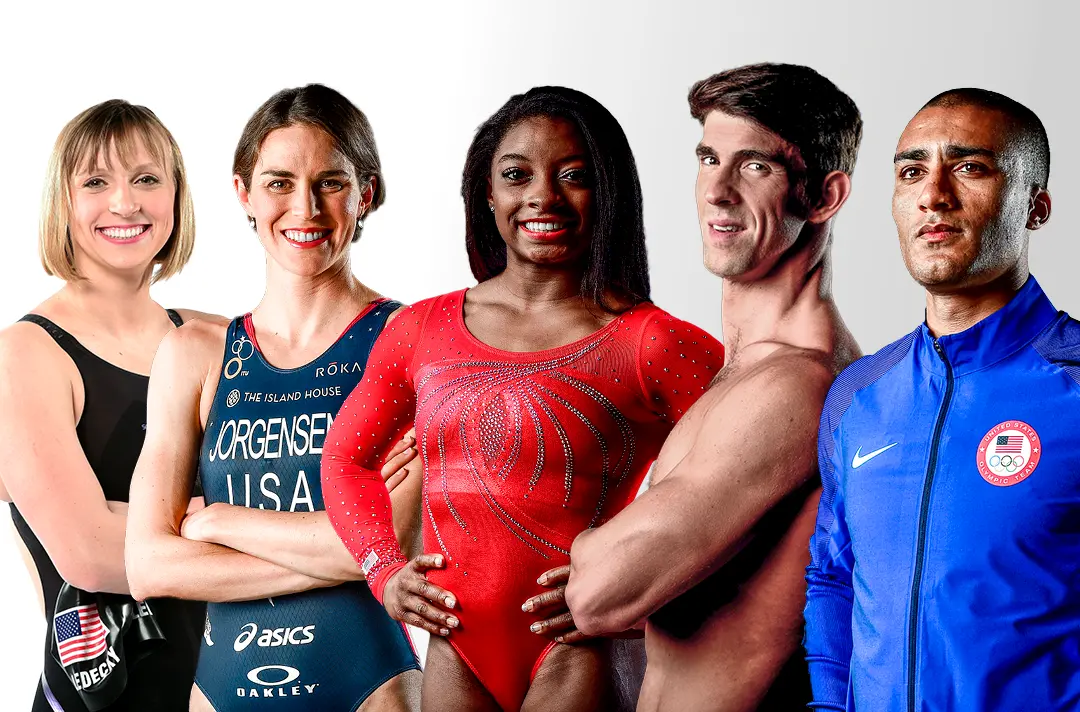Some said the best men’s match ever was the epic 1980 Wimbledon final between Bjorn Borg and John McEnroe—where Bjorg prevailed over the up-and-coming McEnroe 1–6, 7–5, 6–3, 6–7 (16), 8–6 to win his fifth straight title at the All-England club.
But if that match was before your time (like it is mine) then you have to go with the 2008 Wimbledon final between five-time defending champion Roger Federer and the challenger Rafael Nadal.
Why? Let’s relive it:
The Setting
Following the retirements of Pete Sampras (2002) and Andre Agassi (2006), not only was there no major rivalry to fuel the men’s game, Federer had few challengers to push him. Consequently, he was running roughshod through the majors.
He won his first, Wimbledon, in 2003 at age 21 and then followed that up with what became known as the “Federer Slam” in winning the Australian Open, Wimbledon, and US Open in the same calendar year in 2004. He would repeat the feat in 2006 and 2007, with only a loss at the 2005 Australian Open semis keeping him from achieving the three-fourths Slam, four years in a row.





